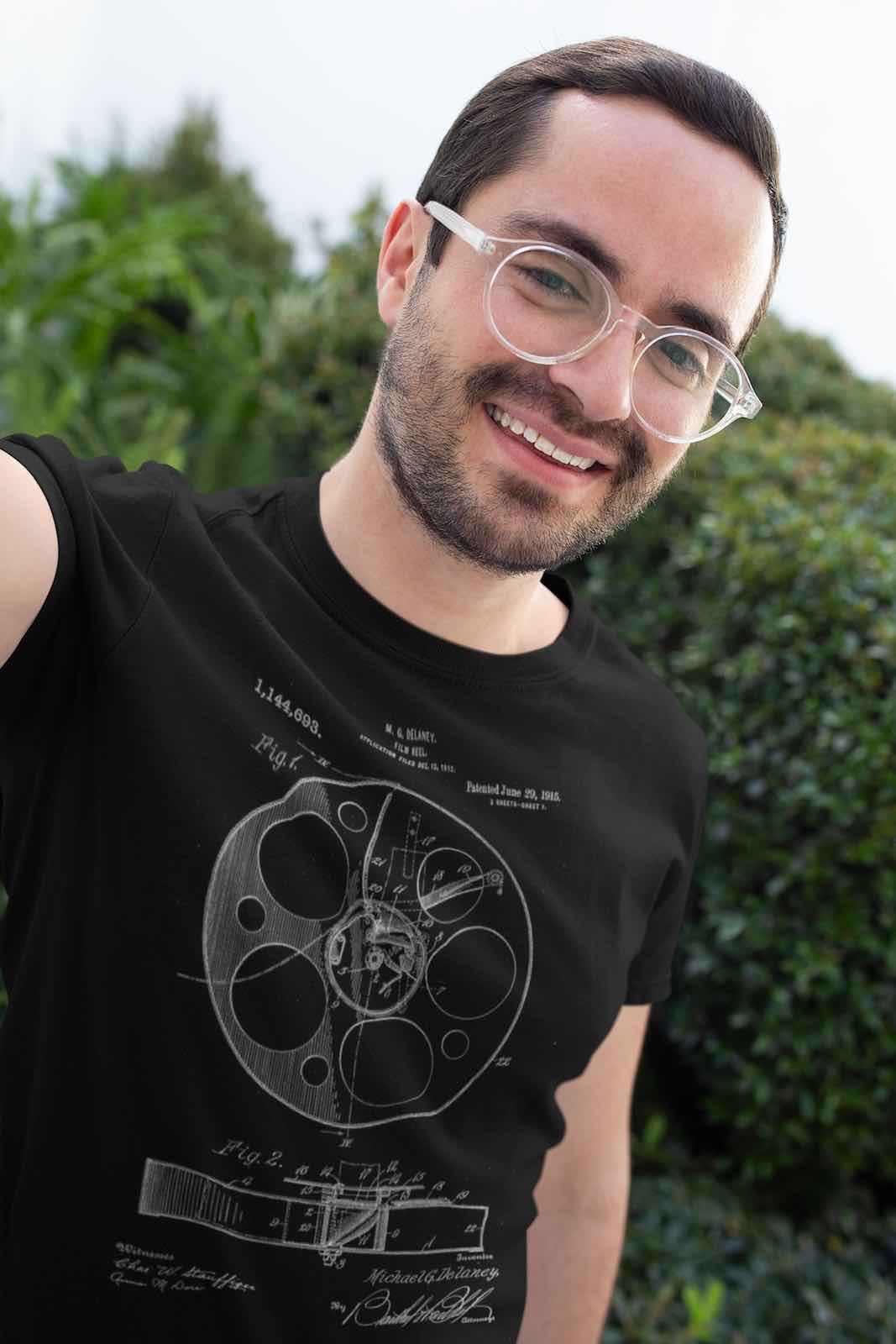
From none to done: Learn how to finish and complete
Are you constantly stressed, juggling a million projects? Can you never find enough hours in the day to get everything done? Do you marvel when your friends show you their fully completed creative projects? Do you love starting projects, but fail to finish them?
You, my friend, need to learn how to finish and complete.
No matter how amazing you are at what you do, no one will ever take you seriously if you don’t finish what you start. All you would have is an albatross of unfinished projects hanging around your neck. Being a finisher is not an innate character trait everyone possesses. Learning how to get stuff done is an art, and like everything in life, it takes practice.
Just how do you train yourself to go from none to done? Below is our handy guide.

Visualize the finished product.
Before you start your new, or continue working your latest, creative project, spend some time visualizing the full process from start to end. If your goal is to write a screenplay, win a film festival award, and eventually get a job in a writer’s room, visualize that whole process. It’s no good imagining all the fame, fortune, fast cars, and stationery that encompass a writer’s life; you gotta imagine the hard stuff too.
Picture yourself doing the work, getting script feedback, applying for festivals, networking at events, attending festivals, making friends, winning awards, getting an agent, interviewing for a job, getting the job, going to work. If you can picture all the trials and tribulations that get you to your ultimate goal, then you are prepared for each step.
If, after you visualize this process, it feels like too much work, then simplify your end goal. Only you can decide what you will and won’t do. You have to be prepared to walk the walk before you can excel. Once you are prepared for the journey, you have set yourself up to succeed.

Plan.
I love planning – which any regular reader can attest to – but it really is the most important part of any project. (See here, here and here.) By thoroughly planning out your next project, you are organizing your mind and focusing on the process. By planning properly, you identify weak spots and learn where you ask to need help – in fact, you might even want to outsource the parts you find too challenging.
Once you have your plan in place, create a realistic timeframe for activities. I always think I have 18 hours available to work everyday, but I don’t, and neither do you. Create a schedule that fits into your life and reward yourself for keeping to it. Just don’t blame me if you get fat from rewarding yourself a little too often with edible treats.

Get started, already.
Don’t spend forever planning, pontificating, and researching. As Franz Kafka said,
“Productivity is being able to do things that you were never able to do before.”
Sometimes starting is the hardest part. Set out your stall (be that your desk, editing software, or steadicam), create a positive working environment, and start to get shit done.

Never lose sight of the prize.
So you miss a deadline – so what? Losers give up, and winners create. If you missed one deadline, work harder to reach your next. Hold yourself accountable – that means sacrifice. You might have to miss one Saturday brunch with friends. Your friends will be having brunch next Saturday, so don’t sweat it! Don’t give up, keep visualizing your eventual goal, and remember: nothing feels as good as proving your doubting self wrong.
Finish and complete.
So you did it. Give yourself a massive pat on the back – but remember it ain’t over until your long-term goal has been reached. Keep working on your project until all your goals have been achieved. Don’t get distracted by new projects until you can honestly say, “I achieved everything I intended to with this project!”

Enjoy your success.
Give yourself a second to bask in your glory. You did it! You should be proud. Take a second to smell the flowers.
Start all over again.
Now your project has reached its zenith, you can start working on your next one.
Good luck!



